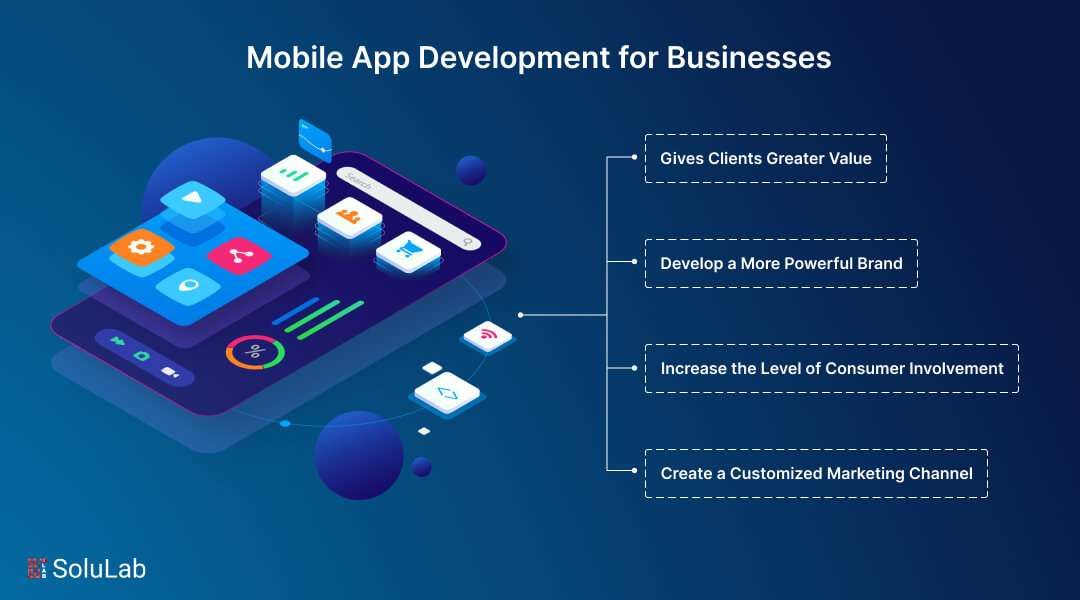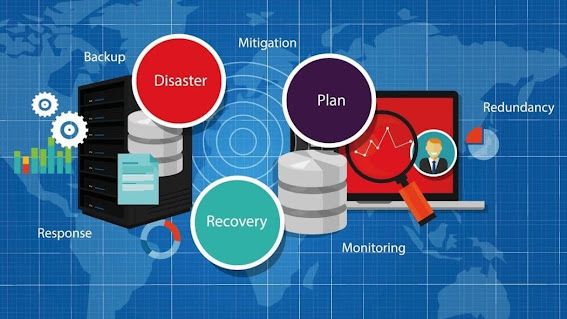In today’s technology-driven world, having a mobile app for your business is essential. With the increasing use of smartphones and tablets, businesses can no longer afford to ignore the potential of mobile apps. However, developing a mobile app can be a daunting task, especially for those who are not familiar with the process. In this guide, we will walk you through the steps of mobile app development for businesses.
Define Your Goals
The first step in developing a mobile app for your business is to define your goals. What do you want to achieve with your app? Are you looking to increase sales, improve customer engagement, or streamline business processes? Having a clear understanding of your goals will help you determine the features and functionalities that your app needs to have.
Research Your Target Audience
Before you start developing your mobile app, it’s essential to research your target audience. Who are your customers, and what are their needs and preferences? Understanding your target audience will help you design an app that meets their expectations and provides value to them.
Choose the Right Development Platform
When it comes to mobile app development, you have several options to choose from, such as iOS, Android, and cross-platform development. Depending on your target audience and budget, you can select the right development platform for your app. If you want to reach a broader audience, cross-platform development may be the best option for you.
Design Your App
The design of your mobile app plays a crucial role in its success. A well-designed app not only looks good but also provides a seamless user experience. Make sure to create a user-friendly interface, intuitive navigation, and visually appealing graphics to enhance the overall user experience.
Develop Your App
Once you have defined your goals, researched your target audience, and designed your app, it’s time to start the development process. You can either hire a professional app development team or use a DIY app builder to create your app. Whichever option you choose, make sure to test your app thoroughly to ensure that it functions smoothly on all devices.
Test and Launch Your App
Before you launch your app, it’s crucial to test it rigorously to identify any bugs or issues. Get feedback from beta testers and make any necessary improvements to ensure that your app meets your business goals and user expectations. Once you are satisfied with the final product, you can launch your app on the app stores and start promoting it to your target audience.
Maintain and Update Your App
Mobile app development is an ongoing process that requires constant maintenance and updates. Keep track of user feedback, app performance, and technological advancements to ensure that your app remains relevant and competitive in the market. Regularly update your app with new features, bug fixes, and security patches to enhance the user experience and retain your customer base.
By following these steps and guidelines, you can successfully develop a mobile app for your business that helps you achieve your goals and stay ahead of the competition. Remember that mobile app development requires time, resources, and dedication, but the rewards can be significant in terms of increased sales, customer engagement, and business growth.


